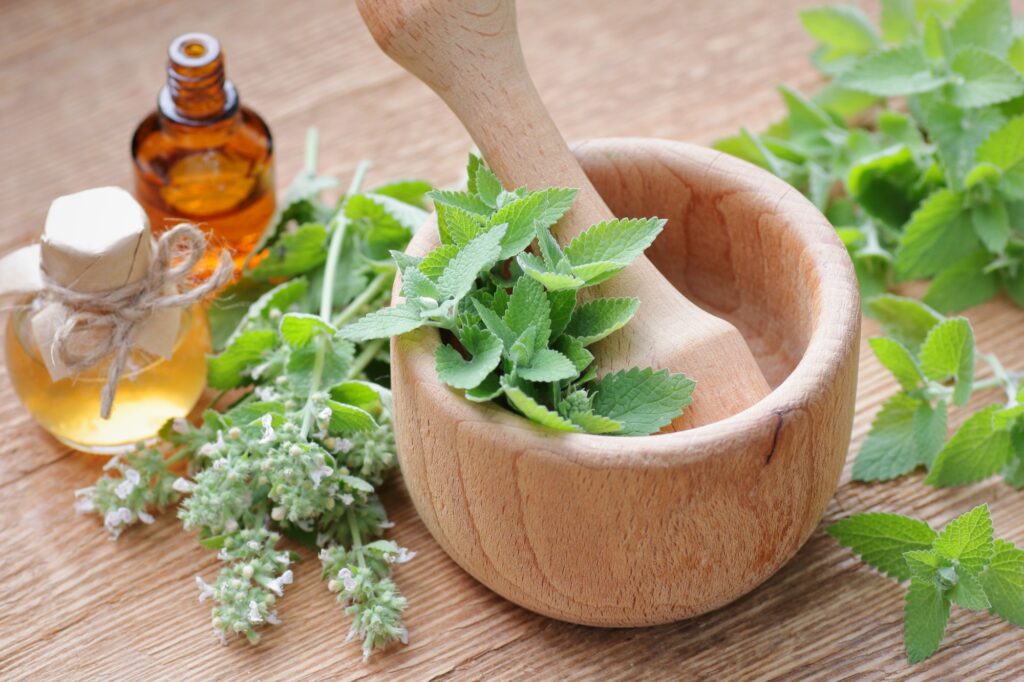
Lemon balm, scientifically known as Melissa officinalis, is a fragrant herb that has been used for centuries in traditional medicine for its remarkable health benefits. One of the most popular ways to harness the power of this versatile plant is through the consumption of lemon balm tea. This aromatic and soothing beverage has been gaining widespread attention for its ability to promote overall wellness and support various aspects of human health.
Lemon balm tea is a delightful and refreshing infusion made by steeping the leaves of the lemon balm plant in hot water. The resulting tea boasts a delicate, lemony flavor with subtle floral notes, making it a truly delightful and soothing experience for the senses. Beyond its pleasing taste, lemon balm tea has been celebrated for its extensive health benefits, making it a natural elixir for wellness.
Historical Use of Lemon Balm Tea for Health and Wellness
The use of lemon balm for its medicinal properties can be traced back to ancient civilizations, with records indicating its use in ancient Greece, Rome, and the Middle East. Historically, lemon balm has been used to alleviate a wide range of ailments, from digestive issues to anxiety and depression. In the Middle Ages, lemon balm was even used to treat the plague, earning it the nickname “the elixir of life.”
Lemon Balm Tea and Its Impact on Stress and Anxiety
One of the most well-documented benefits of lemon balm tea is its ability to help manage stress and anxiety. The herb contains compounds, such as rosmarinic acid and citronellal, that have been shown to have a calming effect on the nervous system. Numerous studies have demonstrated that consuming lemon balm tea can help reduce feelings of anxiety, lower cortisol levels (the primary stress hormone), and promote a sense of relaxation.
The Calming Effects of Lemon Balm Tea on the Nervous System
Lemon balm tea’s calming properties can be attributed to its ability to interact with the gamma-aminobutyric acid (GABA) receptors in the brain. GABA is a neurotransmitter that plays a crucial role in regulating the nervous system and promoting a sense of calmness. By binding to these receptors, lemon balm can help reduce neuronal excitability, leading to a more relaxed state of mind.
Lemon Balm Tea for Promoting Restful Sleep
In addition to its stress-reducing benefits, lemon balm tea has also been shown to be effective in promoting better sleep quality. The calming compounds in lemon balm can help soothe the mind and body, making it easier to fall asleep and stay asleep throughout the night. Numerous studies have found that consuming lemon balm tea before bedtime can improve sleep onset, increase sleep duration, and enhance overall sleep quality.
Lemon Balm Tea and Its Potential Benefits for Digestion
Lemon balm tea has also been traditionally used to support digestive health. The herb contains compounds that can help soothe the gastrointestinal tract and alleviate various digestive issues, such as bloating, gas, and indigestion. Some research suggests that lemon balm tea may also have a positive impact on the gut microbiome, which plays a crucial role in overall digestive function and immune health.
Lemon Balm Tea and Its Antioxidant Properties
Lemon balm is rich in antioxidants, such as rosmarinic acid, caffeic acid, and quercetin, which can help neutralize harmful free radicals and protect the body against oxidative stress. Consuming lemon balm tea can provide a boost of these potent antioxidants, which may contribute to a range of health benefits, including supporting cardiovascular health, reducing inflammation, and potentially even slowing down the aging process.
Lemon Balm Tea for Supporting Cognitive Function and Memory
Interestingly, lemon balm tea has also been studied for its potential benefits on cognitive function and memory. The herb’s active compounds have been shown to inhibit the activity of acetylcholinesterase, an enzyme that breaks down acetylcholine, a neurotransmitter crucial for learning, memory, and cognitive performance. Some studies suggest that consuming lemon balm tea may enhance cognitive abilities, improve memory, and potentially even have neuroprotective effects.
Lemon Balm Tea and Its Potential Anti-Inflammatory Effects
Inflammation is at the root of many chronic health conditions, and lemon balm tea may offer a natural way to help manage this issue. The herb contains anti-inflammatory compounds, such as rosmarinic acid, that can help reduce the production of inflammatory mediators in the body. Consuming lemon balm tea regularly may, therefore, contribute to a reduction in overall inflammation, potentially benefiting conditions like arthritis, cardiovascular disease, and even certain types of cancer.
Lemon Balm Tea and Its Role in Promoting Skin Health
Interestingly, lemon balm tea may also have a positive impact on skin health. The herb’s antioxidant and anti-inflammatory properties can help protect the skin from environmental stressors and promote a healthy, youthful complexion. Some research suggests that lemon balm tea may even have the potential to alleviate skin conditions like eczema, acne, and herpes simplex virus outbreaks.
How to Prepare and Enjoy Lemon Balm Tea
Preparing a delightful cup of lemon balm tea is a simple and straightforward process. Here’s a step-by-step guide:
- Gather the Ingredients: You’ll need fresh or dried lemon balm leaves, a tea pot or mug, and hot water.
- Measure the Leaves: For a single cup of tea, use about 1-2 teaspoons of fresh or dried lemon balm leaves.
- Steep the Tea: Bring the water to a boil, then pour it over the lemon balm leaves. Allow the tea to steep for 5-7 minutes, allowing the flavors to infuse.
- Strain and Serve: Once the tea has steeped, strain the leaves and pour the fragrant liquid into your cup. You can enjoy the tea as is or add a touch of honey or lemon to enhance the flavor.
- Savor the Moment: Sip and savor the delicate, soothing, and refreshing qualities of your homemade lemon balm tea.
Precautions and Potential Side Effects of Lemon Balm Tea
While lemon balm tea is generally considered safe for most people, it’s important to be aware of a few precautions and potential side effects:
- Pregnant or breastfeeding women should consult with their healthcare provider before consuming lemon balm tea, as the safety for these populations has not been fully established.
- Individuals with thyroid disorders, such as hypothyroidism, should use caution when consuming lemon balm tea, as it may interact with thyroid medication.
- Lemon balm tea may have a sedative effect, so it’s best to avoid consuming it before operating heavy machinery or engaging in activities that require alertness.
- In rare cases, some people may experience mild side effects, such as headaches, dizziness, or gastrointestinal discomfort, when consuming lemon balm tea.
Incorporating Lemon Balm Tea into Your Wellness Routine
Lemon balm tea is a remarkable natural elixir that offers a wide range of health benefits, from reducing stress and anxiety to promoting better sleep and supporting cognitive function. By incorporating this delightful tea into your wellness routine, you can take a proactive step towards improving your overall well-being and enjoying a more balanced, healthy lifestyle.






